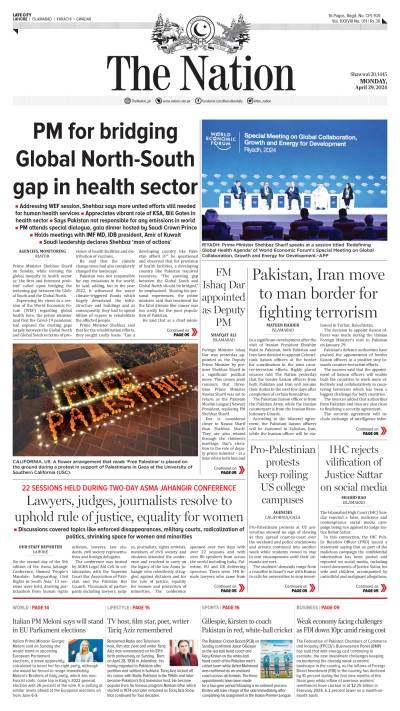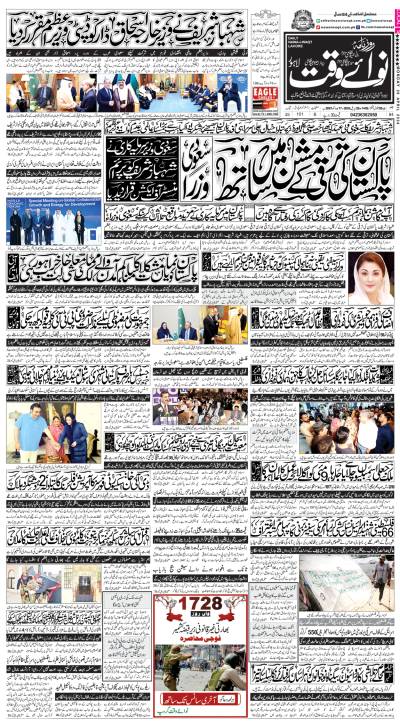A nation anchored in the principles of Islam, Pakistan finds itself grappling with an insidious menace: child abuse. This abhorrent reality casts a dark shadow over our society, tarnishing our moral fabric, waning our ties to the founding principles, and demanding urgent attention.
In the past year alone, our nation bore witness to a staggering 4,213 reported cases of child abuse spanning across all provinces, the Islamabad Capital Territory, as well as Azad Jammu and Kashmir and Gilgit-Baltistan. However, as we journey further into 2024, the frequency with which these atrocities unfold is alarming. Hardly a day passes without encountering distressing headlines detailing yet another instance of a child’s innocence being shattered.
What compounds the horror is the despicable nature of some of these crimes. Recent reports have shed light on incidents occurring during the sacred month of Ramadan, a time meant for spiritual reflection and communal harmony. It is utterly disheartening to hear of abuses taking place within the sanctity of mosques, as was the case in Muzaffargarh. Even more chilling is the barbarity displayed in incidents such as the gang rape of a child at gunpoint in Gojra. These reprehensible acts shake us to our core and compel us to confront uncomfortable truths about the state of our society.
The question begs: How did we arrive at this juncture? Is it merely a consequence of a flawed political system, or does it signify a deeper crisis of morality and understanding within our society? The reality, I fear, is a complex amalgamation of both.
Political discord and legislative paralysis have hindered efforts to enact meaningful reforms. Instead of prioritizing the welfare of the nation, our political leaders engage in petty squabbles and even take it into the aisles of Parliament, relegating issues of paramount importance, such as child protection, to the backburner. The lack of cohesive governance perpetuates a cycle of impunity, emboldening perpetrators and propagating a culture of silence.
Moreover, our society’s superficial understanding of Islam further exacerbates the problem. Lamentably, religious discourse has been monopolized by a select few, stifling critical inquiry and perpetuating ignorance. Islam, at its core, champions compassion, justice, and the sanctity of human life. Allah says in the Holy Quran: “I can forgive the lack of fulfillment of my rights (Prayers, Fasting, and Hajj, etc.) but if a human is bothered by your action, I won’t forgive you unless the person forgives himself.” The Holy Quran is replete with such verses emphasizing making humanity sacrosanct. Yet, these fundamental principles have been overshadowed by narrow interpretations and selective application, creating fertile ground for exploitation and abuse.
It is incumbent upon us, as a society, to confront these harsh realities head-on. Mere rhetoric and condemnation will not suffice. We must demand action from our political leaders, holding them accountable for their inaction and complacency. Legislative reforms must be enacted as well executed expediently to strengthen child protection measures and ensure swift justice for perpetrators.
Simultaneously, we must embark on a journey of introspection and reevaluation within our religious institutions. The teachings of Islam emphasize empathy, tolerance, and the inherent dignity of every individual. It is imperative that we reclaim these values and strive to create a society where the rights and well-being of our children are sacrosanct.
In the face of such egregious injustices, silence is not an option. We must raise our voices as leaders in solidarity with the victims and ensure a future where every child can grow up in safety and security. The time for action is now!
Aftab Ali Khan Musa
The writer is a CSS Mentor and Lecturer of International Relations and History.





